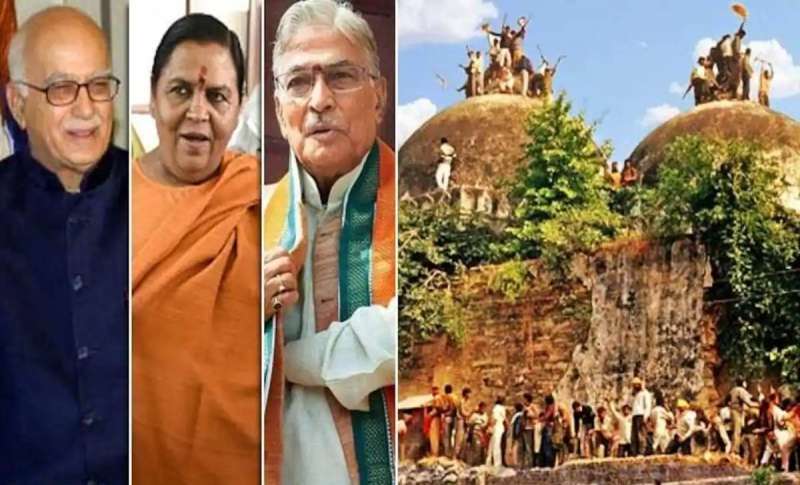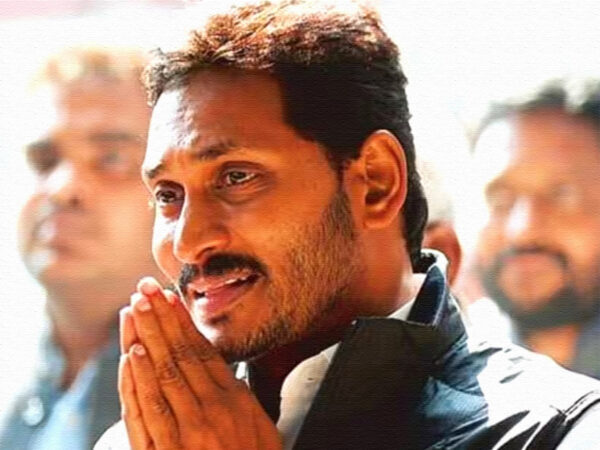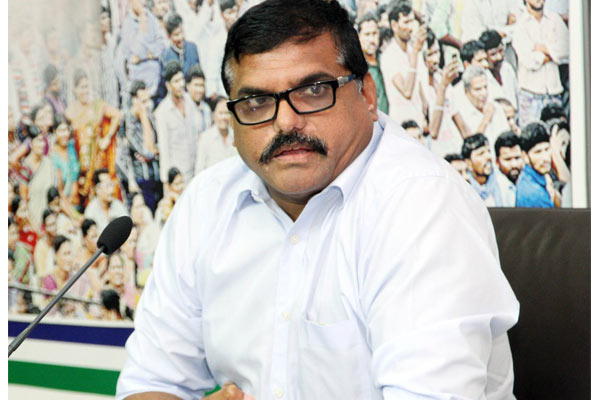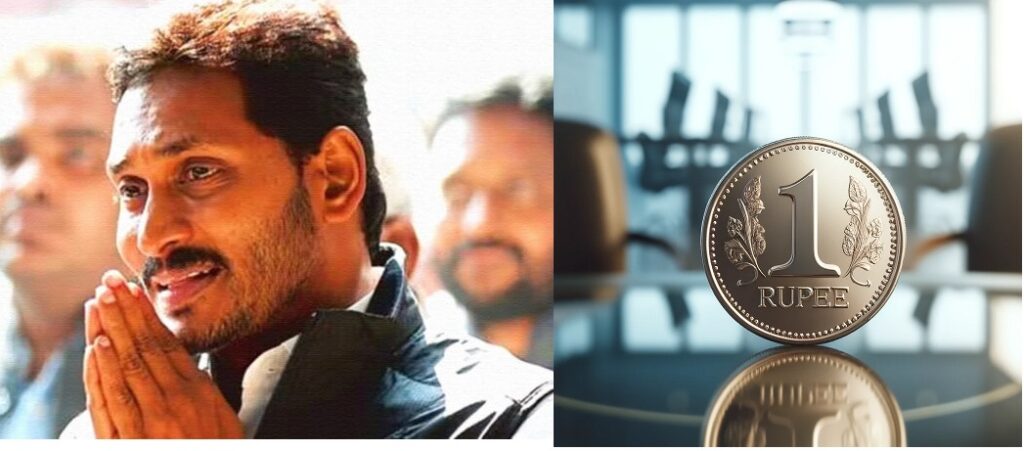Breaking: Babri Masjid Demolition Case: All 32 Acquitted Including LK Advani, MM Joshi & UmaBharti

Lucknow: The demolition of the Babri Mosque in Ayodhya on December 6, 1992, was not planned, a judge in Uttar Pradesh said today, acquitting all 32, including Bhartiya Janata Party (BJP) leaders LK Advani, 92, and Murli Manohar Joshi, 86, almost 28 years after a mob demolished the structure of the 16th century in Ayodhya in the Babri Masjid demolition case and caused some of the deadliest riots since the party "The accused were trying to avoid the demolition," CBI special judge SK Yadav said. The judge also said "anti-social elements" were the Hindu activists who tore down the 16th-century mosque.
The acquittal was ordered by CBI judge Surendra Kumar Yadav, citing a lack of evidence, adding that the probe agency could not prove the validity of the audio and video evidence submitted. He said the destruction was not planned in advance and the defendant sought to avoid the "anti-social" elements that had demolished the mosque. Among others, former Union Minister Uma Bharti and Kalyan Singh, who was chief minister of Uttar Pradesh at the time of the demolition, were acquitted in the case. They have tested positive for Covid-19 and are hospitalised and have not been able to attend Wednesday's court proceedings. The government of Singh has been dismissed over the demolition.
The defendants present at the CBI tribunal were Sadhvi Rithambhara, Lallu Singh, Pawan Pandey, Vinay Katiyar, and Champat Rai. The verdict came months after the Supreme Court ruled in favour of constructing a temple at the 2.77-acre site in Ayodhya where the mosque once stood in November 2019. A ceremony was attended by Prime Minister Narendra Modi to mark the beginning of temple construction in August.
Security on the court premises was improved and nobody was allowed inside the courtroom but the prosecution, CBI attorneys, and the accused. Entry through only one gate was allowed and barricades were imposed on nearby roads to limit traffic. The movement of buses from the Kaisarbagh bus stand was diverted and, as part of multi-layered security arrangements, vehicular traffic on the roads near the court building was reduced.
At the barricades, supporters of the accused were halted as they began arriving at the court. Entry to the court building was refused to journalists and most of the shops in the vicinity remained closed. Police Commissioner Sujeet Pandey of Lucknow took stock of the security arrangements and the police used a public address device to ask journalists to remain behind the barricades.
A week after the mosque was demolished on December 6, 1992, the CBI took care of the demolition case. Before the Supreme Court moved all proceedings to Lucknow in 2017, two parallel criminal trials were held in Lucknow and Rae Bareli. In July last year, the High Court extended the time-frame for the completion of the criminal trial by six months and also set a final order deadline of nine months. On April 19, the nine-month deadline expired. On 8 May, the Supreme Court set a new judgement deadline of 31 August. In August, it extended the deadline again until 30 September.
Over the course of the trial, CBI provided 351 witnesses and 600 documents as evidence and the special court framed charges against 49 suspects. Over the course of the trial, seventeen of the accused died.
TAGGED :



